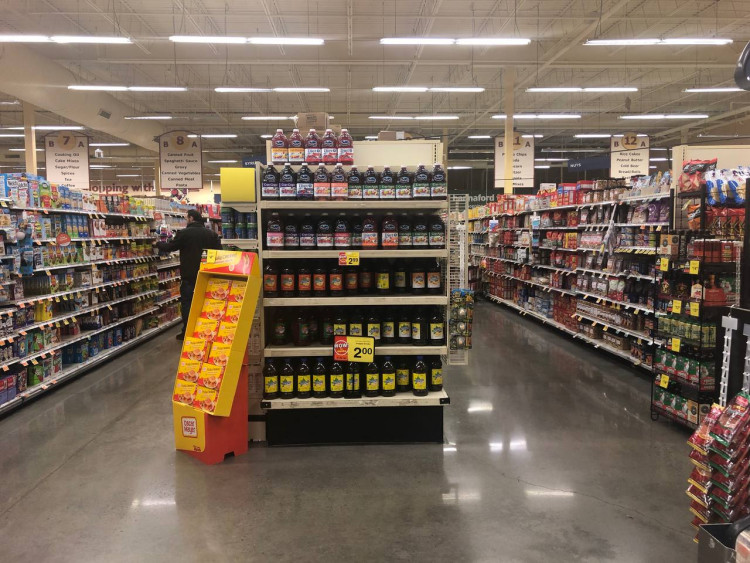U.S. inflation cooled more than expected in April, with the Federal Reserve's preferred gauge showing signs of deceleration even as consumer spending weakened and tariffs from President Donald Trump's trade policy loomed in the background. The data comes as Fed officials weigh policy stability against mounting economic and legal uncertainty surrounding Trump's aggressive trade maneuvers.
The Commerce Department reported Friday that the personal consumption expenditures (PCE) price index rose just 0.1% in April, bringing the annual inflation rate to 2.1%. The monthly figure met expectations, while the annual figure edged 0.1 percentage point below forecasts.
Excluding food and energy, the core PCE index increased 0.1% in April, with a year-over-year rise of 2.5%. Both figures landed below estimates, reinforcing views that inflation may be stabilizing closer to the Fed's 2% target.
The moderation came as American consumers grew more cautious. Personal consumption expenditures rose only 0.2% last month, a sharp slowdown from March's 0.7% increase. Simultaneously, the personal savings rate jumped to 4.9%, the highest level in nearly a year, indicating a possible retrenchment in consumer behavior.
Personal income climbed 0.8% in April, outpacing the forecasted 0.3% gain. The Commerce Department attributed much of the increase to higher government social benefits, including expanded Social Security payments.
Markets reacted tepidly to the inflation report. U.S. equity futures remained under pressure, while Treasury yields were mixed during morning trading.
The slowdown in inflation follows the implementation of sweeping tariffs by President Trump in early April. The administration imposed 10% across-the-board duties on all U.S. imports and launched selective reciprocal tariffs, some of which exceeded 10%. Although analysts warn tariffs could eventually stoke inflation, prices have not yet reflected those impacts due to existing retail inventories and delayed pass-through effects.
The policy backdrop remains unsettled. Earlier this week, an international court struck down Trump's tariff package, arguing he had exceeded his authority and failed to prove national security justification. The White House, however, secured a temporary stay from the U.S. Court of International Trade as it appeals the ruling.
Trump has continued to press the Fed to lower interest rates, arguing inflation is under control and the economy needs stimulus amid the trade standoff. The president met Fed Chair Jerome Powell on Thursday for their first in-person meeting since Trump's re-election. The central bank later said the meeting did not touch on policy direction and reaffirmed its independence.






